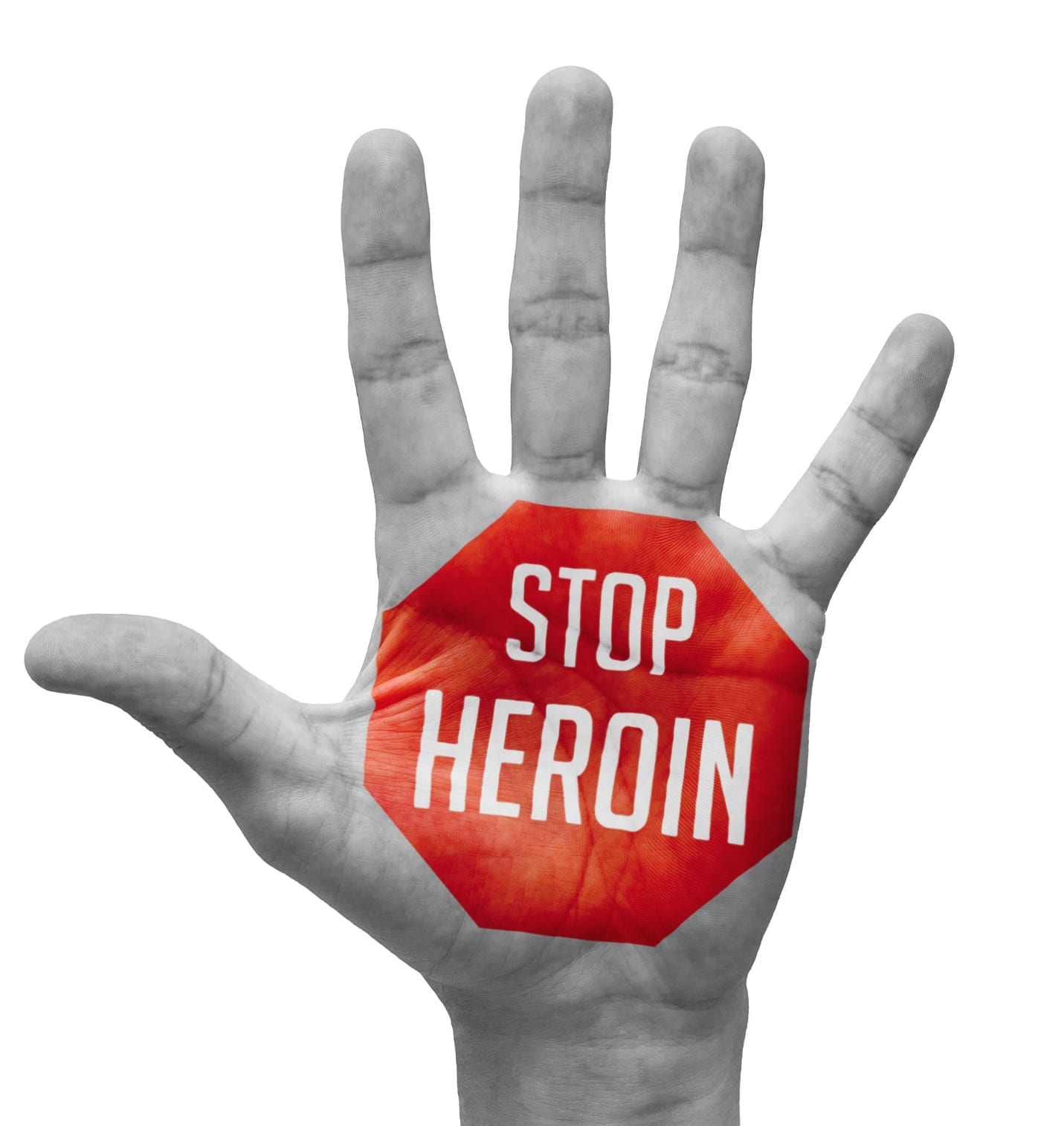New Illinois Laws to Fight Heroin and Prescription Opioid Crimes
As our state continues to battle with its growing heroin and prescription pill abuse problems, Illinois lawmakers are scrambling for solutions.
According to reporters from the Chicago Tribune, heroin fatalities have skyrocketed in the last four years. Last year alone, more than 633 people died from heroin overdose in Illinois. Heroin abuse has been closely linked to prescription pill addiction, with many prescription pill addicts ultimately turning to heroin when they cannot afford the high cost of painkillers.
In response to our state’s growing drug abuse epidemic, legislators have proposed several bills designed to combat heroin and prescription pill crimes in Chicago and beyond.
We’ve explored some of the most noteworthy bills below.
Prescription bottle locks. State lawmakers are considering a proposal that would require locks on bottles of highly addictive painkillers and other pills, such as OxyContin and Percocet.

Limited access to high-risk drugs. One complex, 25-million-dollar bill would restrict access to high-risk prescription drugs. The bill would require doctors to assess patients for risk of dependency before prescribing highly addictive painkillers, and prohibit pharmacies from providing more than a 10-day supply of high-risk pills at a time without special doctor approval.
Pharmacies would also be required to act as return sites where individuals could take back old or unused medications. The bill would also encourage the creation of special courts to focus on drug crimes, and require law enforcement officials and firefighters to keep opioid antidotes for heroin overdoses on hand.
Insurance coverage for safer medications. Lawmakers also considered a 55-million-dollar bill that would require insurers and state-funded health care programs to include coverage for medications that are less addictive.
Insurance coverage for abuse-deterrent opioids. Under another proposal, private insurers and government-funded providers would be required to offer coverage for medications that discourage abuse. Unlike most opioids, these medications lose their potency if they are crushed, and cannot be used to get high.
Opponents to these laws raise concerns over the effectiveness of such measures and the high cost of implementing them. The proposals could cut funding for programs supporting alcohol and substance abuse treatment.
Current Illinois Laws Regarding Heroin and Prescription Opioid Crimes

Regardless of whether the proposed laws are approved, the war on drugs is very much alive in our state. Existing Illinois laws are tough on heroin and prescription pill abuse, and the penalties for crimes involving these substances are incredibly severe.
Below, we’ve included a guide to state laws regarding some of the most common types of drug crimes involving heroin and prescription opioid abuse.
Possession of heroin. Under Illinois law, possession of heroin is considered a felony. If you are convicted of heroin possession, you face prison time, hundreds of thousands in fines, and a lifelong criminal record. The length of a prison sentence for heroin possession is largely determined by the amount of heroin involved in the crime, and can range from four to 50 years.
Possession of prescription drugs. Prescription medications are considered to be controlled substances in Illinois, and it is illegal to possess these drugs without a valid prescription from a medical professional. If you are found in with medications such as Vicodin, Xanax, or OxyContin in your possession, you face felony charges. Depending on the type of drug involved and its likelihood for abuse, you could be penalized with up to 30 years in prison and $25,000 in fines for being found in possession of prescription drugs.
Prescription forgery. In Illinois, it is illegal to attempt to reproduce or alter prescriptions to obtain drugs you if you are not legally authorized to take prescribe medications. If you are convicted of prescription forgery in Illinois, you face up to three years in prison and up to $100,000 in fines. After a second offense, you can be penalized with up to five years in prison and up to $200,000 in fines.
If you have been charged with any type of crime involving heroin or prescription pills, you are facing tough consequences to your freedom, finances, and future. Illinois law is notoriously harsh on drug crime offenders, and lawmakers are likely to try to make an example of your case to deter future drug users.
Don’t risk prison time, huge fines, and a lifelong stain on your criminal record. Contact an experienced Chicago drug crimes attorney if you have been charged with a crime involving heroin or prescription pills. An attorney will be able to assess your case and work with you to build a strong defense through extensive research and smart strategizing. With guidance and representation from the right criminal defense lawyer, you will be in the best position possible to have your drug crime charges reduced or dropped.
About the Author:
Andrew M. Weisberg is a former felony prosecutor who now serves as a defense attorney in the greater Chicago area. He has extensive experience in handling all types of criminal cases, from sex offenses and domestic violence to retail theft-related crimes, Murder, and drug crimes.







 Blog Home
Blog Home 










